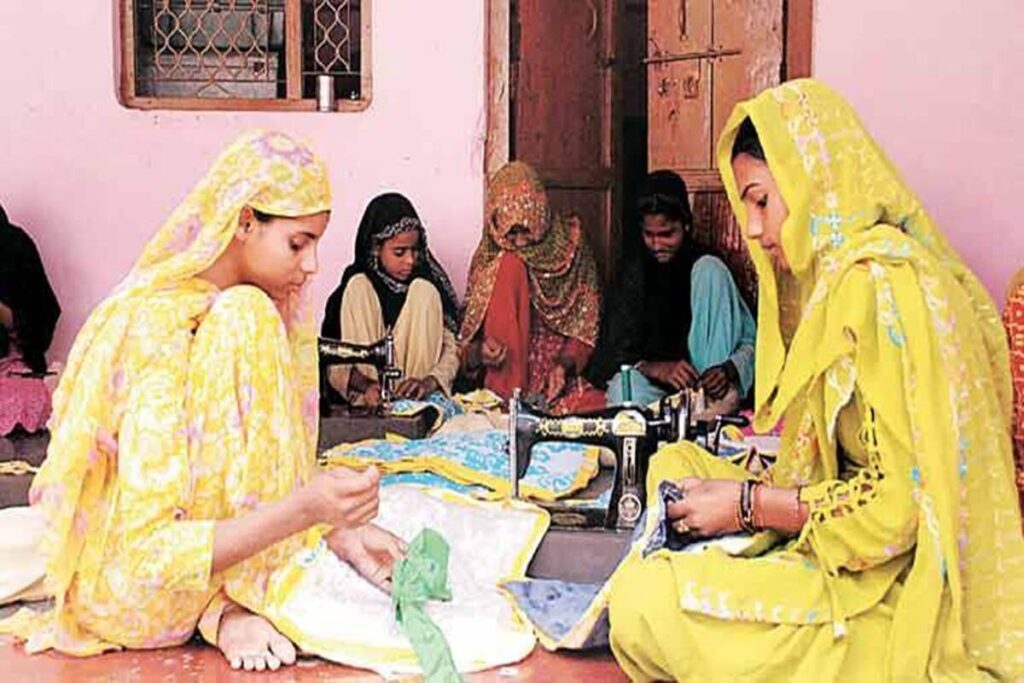
Pandemic made women redefine entrepreneurship. The pandemic-ravaged months have taken a heavy toll on everyone and especially on women, who sadly were the first set of people in many households to take a hit on their careers – either due to a job loss or by opting out to help at home. But those who have engaged closely with women in their journey during the pandemic seem to have witnessed powerful stories of hope and entrepreneurship.
“Women may have been the worst-hit during the pandemic but we found them redefine entrepreneurial zeal and not only were they able to supplement shortfalls in their household incomes but were quick to adopt and pivot businesses to new realities,” says Jayshree Vyas, the managing director of SEWA Bank, a leading Gujarat-based cooperative bank, focused only on women – especially those that are either day-wage earners, migrant labour or running small businesses. SEWA stands for Shri Mahila Sewa Sahakari Bank.
Vyas does point out that there were challenges galore for all, including banks and that SEWA Bank was no exception. “Despite keeping the bank operations on, as it was categorized as essential services, and with all the challenging of skeletal staff attendance and physical distancing precautions, the bank in this challenging year has managed to grow its total balance sheet,” says Vyas. “While maintaining the revenue and profitability growth will be a challenge, our total balance sheet size has increased from Rs 425 crore pre-pandemic to around Rs 500 crore currently and we have added 30,000 new depositors,” she says.
What stands out during the pandemic months, she says, is the way in which its borrowers, who are all women, responded. About 20 per cent of the total, who are into garment-making overcame the shortfall in demand by adding new lines of activities like making masks with the help of working capital from the bank. Another 20 per cent of who are into foods-related businesses, sought access to working to build home-made foods and help in transportation linkages for home delivery. What has been new learning for Vyas was the financial prudence of women migrant labour. “About 30 per cent of our total members (the term she uses for borrowers) are migrant labour. Almost all of them have returned and almost 98 per cent of them have repaid their loans too,” says Vyas. She therefore finds, if you give women access to the capital they can come up with new ways to approach the business or pivot it to a new reality,” says Vyas. For instance, knowing that many people were managing without maids at home and doing their own cleaning and swapping, took to making long-handled brooms and supplying locally. In fact, Vyas says the desire to augment household income and to focus on savings was so strong that in just during the months of lockdown we saw around 5,000 new accounts open up in some of the worst affected areas with women seeking access to capital and to new saving options. SEWA Bank, where vegetable vendors make up to 30 per cent of total members, has 80 per cent of its total membership in urban areas and the rest in rural areas. It operates in six districts of Gujarat, including Ahmedabad, where it is headquartered.

